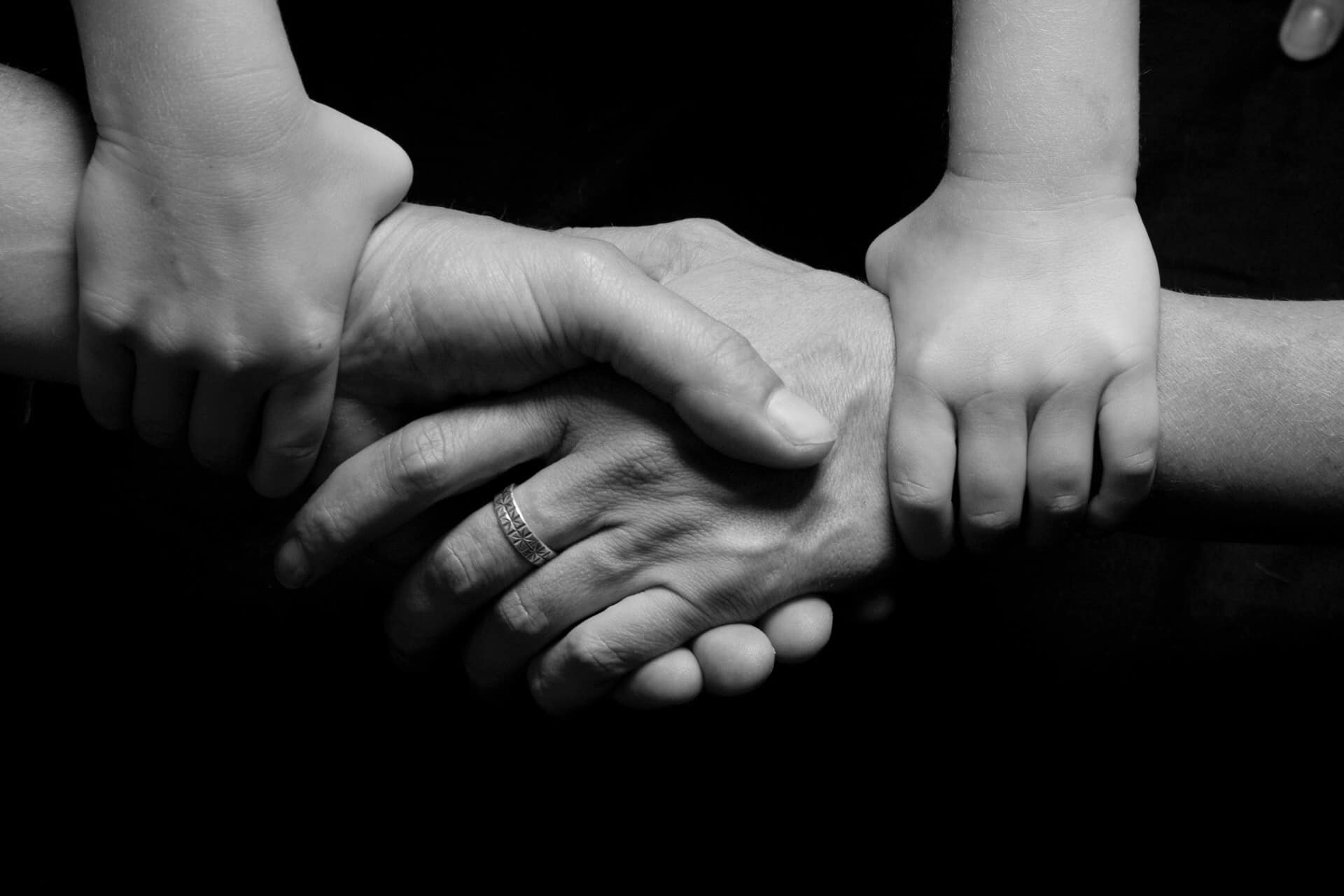
Who decide a child’s upbringing & welfare?
A parent that has been granted with care and control of the child has the right to make daily decisions about a child’s upbringing and welfare. This right naturally belongs to the parent with whom the child lives.
In certain situations, the Court may find it suitable to grant shared care and control to both parents. In such a case, both parents have been granted with right of care and control over the child and no one parent has a superior right over the other parent.
What does it means to have Sole Care & Control
In event of the Court granting a parent with sole care and control, the other parent that has no care and control of the child is usually granted access to the child. Access gives the parent a right to have regular contact with the child and allows the parent-child bonding to continue notwithstanding the divorce of the parents.
It is noted that the Court generally grants the right of care and control of all the children to the same parent, without splitting up the siblings.
In deciding in whose custody, or in whose care and control a child should be placed, the Court’s paramount consideration shall always be the welfare of the child and subject to his paramount consideration, the court shall have regard to:
- the wishes of the parents of the child and.
- the wishes of the child, where he or she is of an age to express an independent opinion
Child-Centered Approach
It is noted that the Court’s approach is that of a child-centered approach. That is, to treat the interest of the child as paramount in dealing with divorced parties’ disputes involving children. It is believed that focusing on the needs of the children in acrimonious divorce proceedings can reduce the intensity and duration of the conflict between the parents. This may foster better relationships between the parents and their children, post-divorce.
These are relevant questions that you will need to think about when considering the care arrangements of the child upon divorce:-
- Who has been the primary or main caregiver for most of the child’s life?
- Who is the child close to?
- Which parent should the child live with? This parent would be the one with care and control of the child
- If you are the parent tasked with the care and control of the child,
will you need to change your current work schedule, daily routines or
living arrangements to accommodate the child? - If you are not the parent with the care and control of the child,
what type of access arrangements is suitable based on your daily
routines or work schedule? - If you have the right of access, what is the frequency and duration of each access you hope to have?
- If you have care and control, what type of access do you think is suitable?
Variation of court order for care arrangements
Any interested person may from time to time, apply to the Court for variation of any earlier court order for the custody or the care and control of a child. If the Court is convinced that the terms of the earlier court order is not or no longer in the children’s best interests of the children, the Court may vary the court order.
This is irrespective of the fact that the earlier court order may have been entered by consent of both parties.
Are you looking for a divorce lawyer?
Looking for a trusted divorce lawyer in Singapore? Do contact us and let us know how we can help you.

Ng Pui Khim is a senior lawyer with over 20 years of private practice experience focusing on divorces (family and matrimonial law), real estate (conveyancing practice), wills and succession law.
All rights reserved. Any information of a legal nature in this website is given in good faith and has been derived from resources believed to be reliable and accurate. The author of the information contained herein this website does not give any warranty or accept any responsibility arising in any way, including by reason of negligence for any errors or omissions herein. Readers should seek independent legal advice
